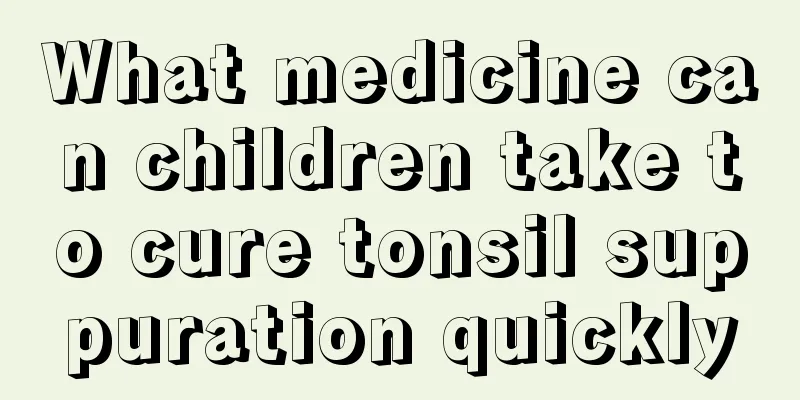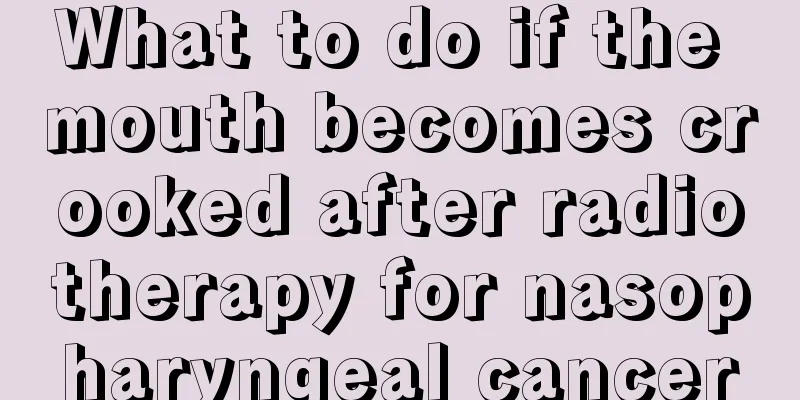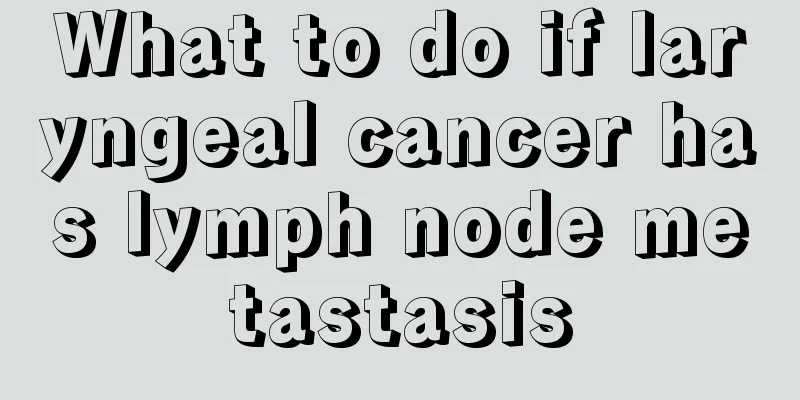What are the precautions for sinus tachycardia

|
When the heart rate is greater than 100 beats per minute, it is medically known as sinus tachycardia. Sinus tachycardia is a common arrhythmia, which may be caused by psychological or dietary stimulation, or by other diseases. Patients may experience symptoms such as palpitations, shortness of breath, chest tightness, irritability, and even chest pain. Symptoms also vary greatly from person to person. When you suffer from sinus tachycardia, you should pay attention to it and seek medical attention promptly, do a routine blood test and electrocardiogram for diagnosis, then find out the cause and treat it symptomatically, and pay attention to dietary conditioning in daily life. Sinus tachycardia etiology 1. Physiological: Physiological sinus tachycardia is very common. Many factors affect the heart rate, such as changes in body position, physical activity, food digestion, emotional anxiety, pregnancy, excitement, fear, excitement, drinking, smoking, drinking tea, etc., which can increase the heart rate. Age is also a factor; children tend to have faster heart rates. 2. Drug properties: such as sympathomimetic drugs and epinephrine. Parasympathetic blocking drugs such as atropine, caffeine, thyroxine, amphetamine, etc. can cause tachycardia. 3. Pathological: such as systemic diseases: high fever, anemia, hypoxia, infection, hyperthyroidism, pain, acute rheumatic fever, beriberi and neurosis can cause tachycardia. 4. Cardiovascular disease: Acute blood loss, hypotension and shock, arteriovenous fistula, heart failure, myocarditis, cardiomyopathy, pericarditis, acute myocardial infarction and various organic heart diseases can all lead to sinus tachycardia. Dietary treatment principles for sinus tachycardia 1. Eat in moderation, avoid being too full or too hungry, and live a regular life: Eat in moderation, avoid being too full or too hungry. Don't eat too much at one meal and then try to "balance" by eating too little at the next one. You should not eat a big meal after being hungry for a long time, as this may damage your stomach and intestines and may also increase your heart rate. Meals should be eaten at regular times and each meal should not be too full. 2. Pay attention to the dietary taboos of the primary disease: adjust your diet according to the primary disease that causes sinus tachycardia. For example, if you have a cold, fever, and sore throat, do not eat fried, stir-fried, hot, and toxic foods. When you have gastroenteritis, diarrhea, and abdominal pain, do not eat raw, cold, hard, or difficult-to-digest food. Generally speaking, regardless of the primary disease, avoid smoking, drinking, strong tea, strong coffee and spicy food. 3. Foods or medicines that have the effect of slowing down the heart rate can be appropriately selected when making soup or porridge, or used in conjunction with other medications when prescribing medicines based on syndrome differentiation. Such as raw rehmannia, ophiopogon japonicus, polygonatum odoratum, kudzu root, sophora flavescens, coptis chinensis, lily, pig heart, ganoderma lucidum, day lily, etc. |
<<: What diseases can high blood pressure cause? Why are the complications so serious?
>>: Diagnosis and treatment of hypertension, the treatment effect is good
Recommend
What medicine should I use if I have fibroids
Now the technology is developing faster and faste...
Which organ is most damaged by staying up late
Many people have the habit of working at night, t...
Can Fengyoujing help lose weight
Fengyoujing is mainly composed of menthol, so Fen...
What is the matter with heartache?
Friends who experience heart pain must not ignore...
Several common causes of pancreatic cancer
There are many factors that cause pancreatic canc...
Early symptoms of hyperthyroidism
Hyperthyroidism is a relatively common disease, e...
Will drinking hot and cold water together cause poisoning?
Many people have had this experience: when they a...
What dishes are good for stomach problems? These 5 foods are the best for stomach health
Gastric disease is a disease with a relatively hi...
What are the benefits of massage and cupping
Many places have massage and cupping as a health ...
Is the recurrence rate high after hemisection of thyroid cancer?
There is a certain risk of recurrence after hemis...
What does old lesions in both lungs mean
In clinical practice, we see many patients asking...
What is the cure rate for breast cancer without lymph node metastasis?
Breast cancer is usually divided into four stages...
Why is there swelling on one side of my neck?
For friends who have swelling on one side of thei...
Is the mortality rate of testicular cancer high?
In recent years, the number of patients with test...
A brief analysis of the three common misunderstandings about cervical cancer
As the number of cervical cancer patients continu...









